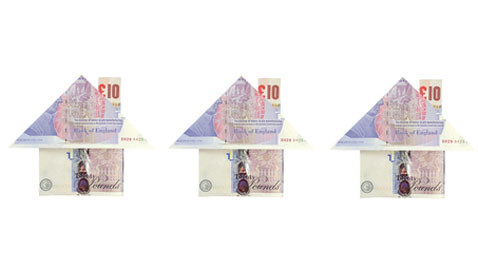
UK house prices increased by 0.6% during August, according to the Nationwide Building Society in its latest house price index report.
House prices are 3.5% higher than August 2012 and the ‘typical’ UK home is now worth £170,514.
The annual rate of house price growth slowed a little, to 3.5% from 3.9%, but the mutual said this was to be expected, as July’s figure was flattered by a low base for comparison. The three month on three month measure of house prices, which is a better measure of the underlying trend, rose by 1.4%, its strongest pace since mid-2010.
Robert Gardner, Nationwide’s chief economist, said: “A number of factors appear to be contributing to the recent upturn in house price growth. Consumer confidence has increased significantly in recent months, thanks to further modest gains in employment and signs that the UK economy is finally gathering momentum.
“An improvement in the availability and a reduction in the cost of credit, partly as a result of policy measures such as the Funding for Lending and Help to Buy schemes, is also enabling more people to take their first steps into the property market. Indeed, data from the Council of Mortgage Lenders suggests that the recent upturn in activity has been driven by first time buyers, who accounted for 45% of house purchase loans in Q2, the highest share since the series began in 2005.
“While there have been encouraging signs that house building is starting to recover, construction is still running well below what is likely to be required to keep up with demand. New housing starts in England were up 33% in Q2 compared to the same period of 2012, but this is still 36% below the levels prevailing in 2007, which were already below that required to keep pace with household formation.
“The risk is that if demand continues to run ahead of supply affordability may become stretched. While house prices are still elevated compared with incomes, affordability is being supported by the ultra low level of interest rates. A typical mortgage payment for a first time buyer is currently equal to around 29% of disposable income, in line with the long term average.
“Recent guidance from the Bank of England’s Monetary Policy Committee (MPC), that it intends to keep interest rates on hold at least until the unemployment rate reaches 7%, may also help support confidence amongst potential buyers. However, despite this guidance, there is still considerable uncertainty as to the future path of Bank Rate. The Bank of England’s central forecast is that the unemployment rate will not reach the threshold level of 7%, but financial market indicators continue to point to a first rate hike in mid-2015.”